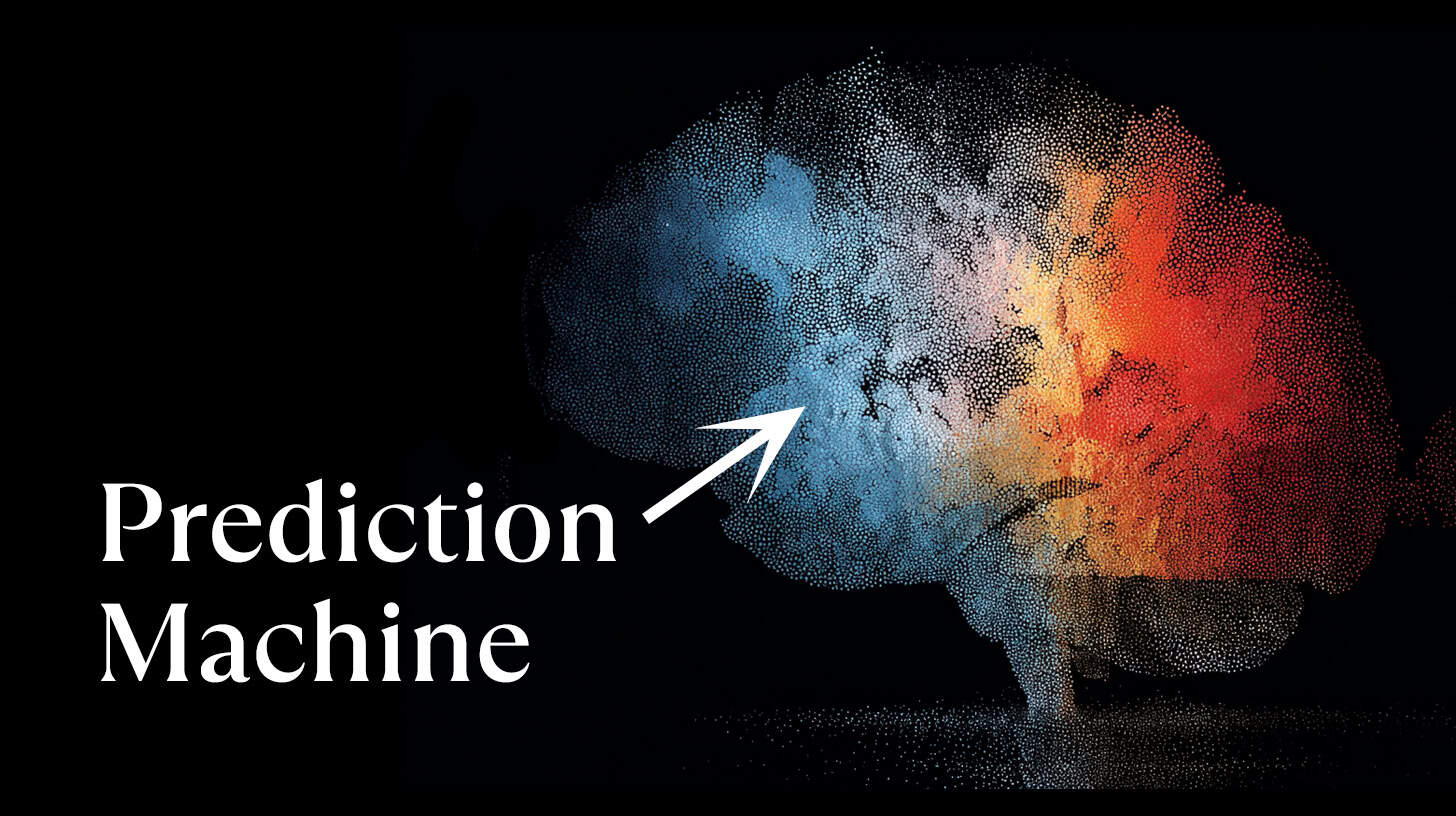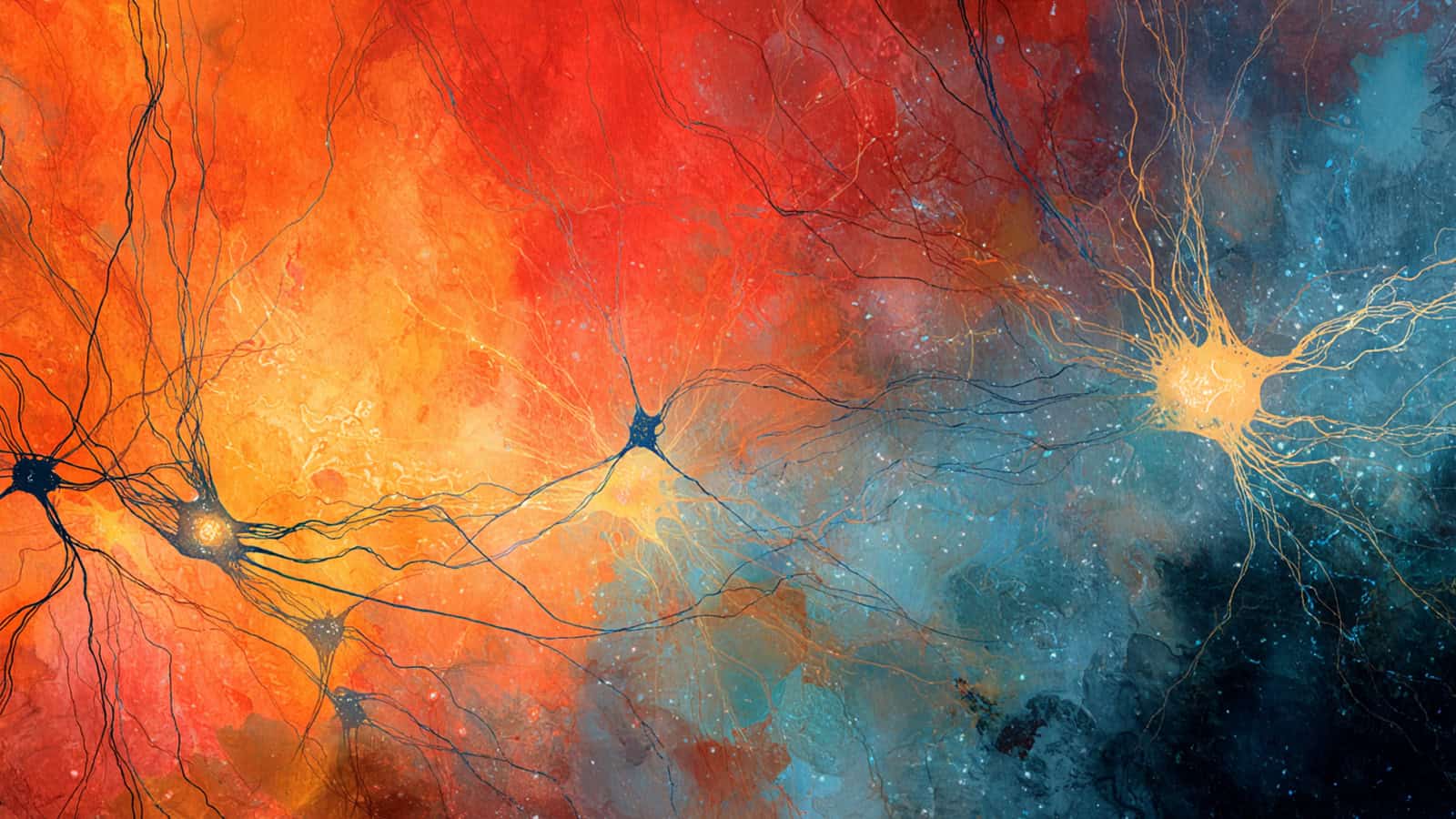Become a supporting member to watch the full conversation
Humanity is entering the Transformation Age, a new era of human civilization, with Integral Consciousness rising at its leading edge. Our members don’t use Integral Life as just another media subscription they use weekly or discard. Instead, most stay with us for years, using Integral Life to learn Integral Philosophy and build an integral mind slowly, methodically and when they need it. We’re here to help you shape the future that’s emerging no matter where your life takes you.
Get Full Access For $1 (7 days)* Or explore all membership plans → * Trial price for the first 7 days, then $20/month. Cancel or switch plans in 2 minutes at any time.Dr. Keith and Corey explore multiple strategies to help us maintain our mental and emotional well-being as our informational terrains become increasingly disrupted and distorted by a constant deluge of disinformation.
We begin by taking a look at a research briefing by FullFact.org that identifies the three primary cognitive biases that cause people to believe and share misinformation:
1. Repetition and the illusory truth effect
“We are all prone to believing the things we hear repeated. Ever since a 1945 study found that individuals who had previously heard a war rumour were more likely to believe it, psychologists have identified a positive association between repeated exposure to a statement, and its acceptance as truth. This occurs when the audience lacks the information needed to refute a claim – but remarkably, repetition leads to belief even when we do know better.”
2. Fluency and the credibility of information that “looks” right
“We are also prone to believing a story that “looks” right. Whenever we process a new piece of information, whether we believe it or not is a matter of active deliberation, but also a matter of an unconscious, barely perceptible preference our brains have for things which are easy to process. Psychologists refer to this as “processing fluency”. It is a bias we should all be aware of.”
3. Motivated reasoning
“Comprehension of evidence is not necessarily the main factor governing belief in misinformation: sometimes we simply believe things that suit our existing world views. Psychologists call this motivated reasoning. The attitudes we hold already influence our way of accepting new evidence, even when we should and do know otherwise.”
The briefing also presents research findings of who is more vulnerable to believe false data, who is more likely to forward false data, and how false data is challenged (or not) on social media. Some of findings were:
- Older (60 plus) and less educated people find it harder to discern fact from fiction.
- Older people find it harder to remember sources of information.
- Everyone is more distracted on social media and less likely to remember sources.
- All people tend to share info with higher emotional charge. People share positive material more than negative, but negative stands out.
- Anything less than a 4 to 1 positive to negative ratio registers more due to human negativity bias.
- Very few people challenge info they believe is false on social media.
- Young people more likely to share emotionally charged content they know is wrong.
- Very few people challenge info they believe is wrong on social media.
Considering just how rampant misinformation, disinformation, and propaganda have become in our broken media landscapes, it is more important than ever for us to come to terms with these cognitive biases in our own lives and better understand how they are constantly shaping and re-shaping our own thoughts and beliefs. This conversation will help you develop the epistemic antibodies you need in order to keep your head above the dark and choppy waters of the social media age.
Previous Episodes of Witt & Wisdom
The Four Pillars of Good Therapy
 Dr. Keith Witt
Dr. Keith Witt
 January 9, 2026
January 9, 2026
Bayesian Psychology: Your Brain Is a Lying Prophet
 Dr. Keith Witt
Dr. Keith Witt
 November 12, 2025
November 12, 2025
Cybernetics and the Intelligence of Love
 Dr. Keith Witt
Dr. Keith Witt
 October 10, 2025
October 10, 2025
The Dopamine Revolution: From Human Evolution to Modern Crisis
 Dr. Keith Witt
Dr. Keith Witt
 September 12, 2025
September 12, 2025

Become a member to access the full episode
Start building your big picture mind & support the global emergence of Integral consciousness

“Integral Life is the most important and globally-relevant platform for the leading edge of Integral consciousness evolution”
– Eugene P.
About Keith Witt
Dr. Keith Witt is a Licensed Psychologist, teacher, and author who has lived and worked in Santa Barbara, CA. for over forty years. Dr. Witt is also the founder of The School of Love.
About Corey deVos
Corey W. deVos is editor and producer of Integral Life. He has worked for Integral Institute/Integal Life since Spring of 2003, and has been a student of integral theory and practice since 1996. Corey is also a professional woodworker, and many of his artworks can be found in his VisionLogix art gallery.






